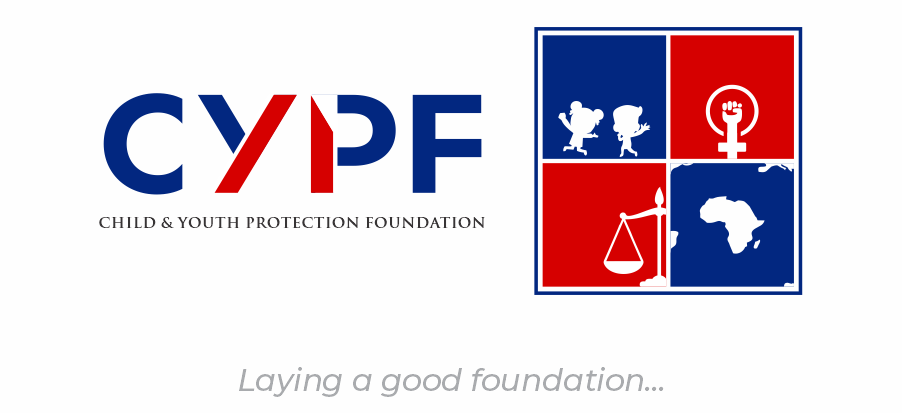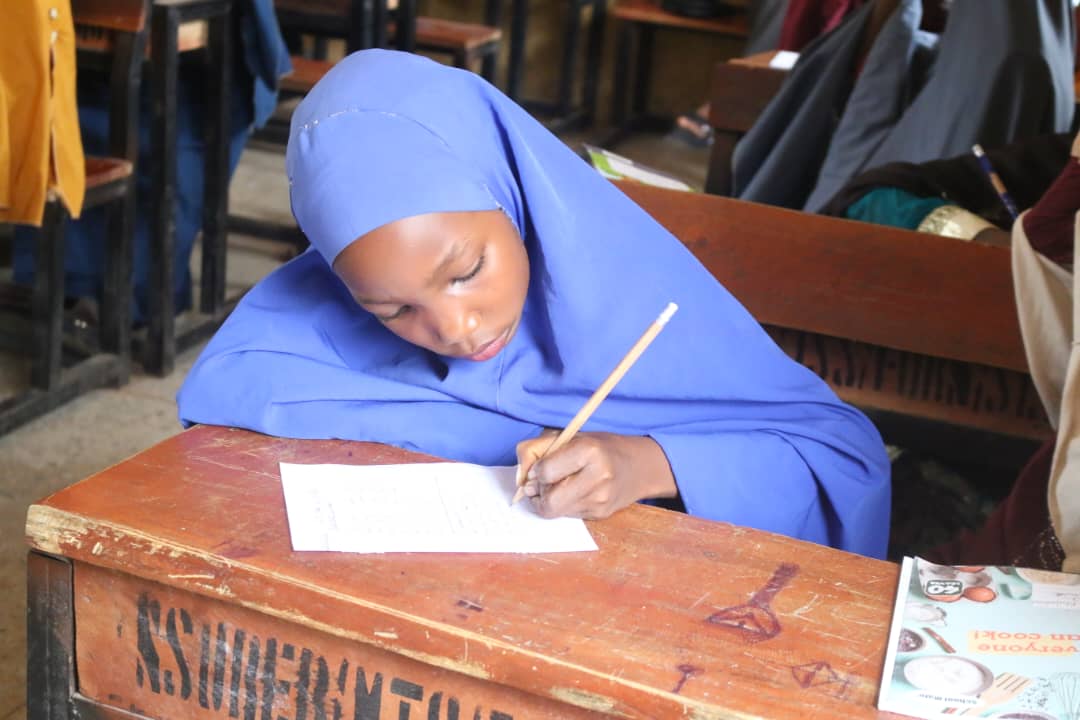“The Man Box,” a term coined by Paul Kivel and Tony Porter, describes the rigid and harmful norms society uses to define masculinity. It demands that men be tough, emotionless, dominant, and self-reliant even to their own detriment. Caught in this box, many men face a cruel paradox: they must be providers to feel valid, yet they are shamed for asking for help when they struggle. And in today’s world, where economic pressures are high and emotional needs are rising, this version of masculinity is not just outdated, it’s dangerous.
How Toxic Masculinity Hurts Us All
Toxic masculinity is a silent destroyer. It teaches boys to bottle up emotions, reject vulnerability, and equate dominance with strength. The effects are deeply felt in the home, the community, and in the hearts of both men and women.
In the Home:
- It produces emotionally distant fathers, controlling partners, and emotionally starved children.
- Conversations are replaced by command; affection by fear.
- Children raised in these environments carry invisible wounds many of which show up later as trauma, broken relationships, or emotional detachment.
In the Community:
- It fuels gender-based violence, bullying, and aggression.
- Men silently suffer from depression, addiction, and suicidal ideation, unable to seek help due to the stigma around vulnerability.
- It upholds systems that silence women, limit their opportunities, and punish them for asserting their voice or power.
Toxic Masculinity & Gender Inequality
While men are caged by the expectation to be hard and unfeeling, women are boxed in too expected to be passive, accommodating, and emotionally available for everyone but themselves. Girls are taught from a young age to “shrink” themselves: to be less assertive, less opinionated, and less ambitious. In the workplace, women face structural discrimination, emotional labor, and leadership bias. In relationships, they’re often expected to bear the emotional burden while men remain emotionally detached.
This system doesn’t just suppress women, it limits the potential of entire families and communities. When women are held back, society suffers. When boys grow up emotionally stunted, future relationships suffer. The cycle continues.
Rewriting the Script: What Does Healthy Masculinity Look Like?
Healthy masculinity doesn’t deny manhood—it redefines it.
It empowers men to:
- Cry without shame.
- Speak up without fear.
- Love without control.
- Lead with empathy.
- Express a full range of human emotions.
It allows men to be both strong and soft. Both brave and vulnerable. It teaches boys that asking for help is strength, not weakness—and that masculinity isn’t about domination, but responsibility, respect, and connection.
The Role of Traditional and Religious Leaders
In many communities, religious and traditional leaders are the most respected voices. Their influence is vital in challenging toxic norms and setting new examples.
They can:
- Promote a balanced model of masculinity one rooted in emotional openness, responsibility, and kindness.
- Speak out against harmful traditions during sermons and cultural gatherings.
- Model healthy relationships by treating women and children with dignity and emotional presence.
- Create safe spaces for men and boys to unlearn shame and express vulnerability.
- Partner with schools and families to re-educate communities about gender equity and emotional health.
Reflection Questions for Change
Let’s ask ourselves and our communities:
- If we raised our boys to believe that vulnerability is strength, how different would our homes and relationships look today?
- What teachings must we unlearn to make emotional freedom possible for both boys and girls?
- How do these norms shape not just individuals but the entire future of our society?
Together, We Can Break the Cycle
Toxic masculinity is not just a men’s issue—it’s a *humanity issue*. It fractures homes, fuels violence, and breaks generations. But by shifting how we raise our boys, how we speak to our men, and how we define strength—we can break the Man Box.
We don’t just heal men.
We heal families.
We heal communities.
We heal generations.
Let’s raise a new kind of man.
Let’s build a better kind of world.
#BreakTheManBox #HealthyMasculinity #EndToxicMasculinity #CYPFVoices #HealingHomesHealingGenerations

